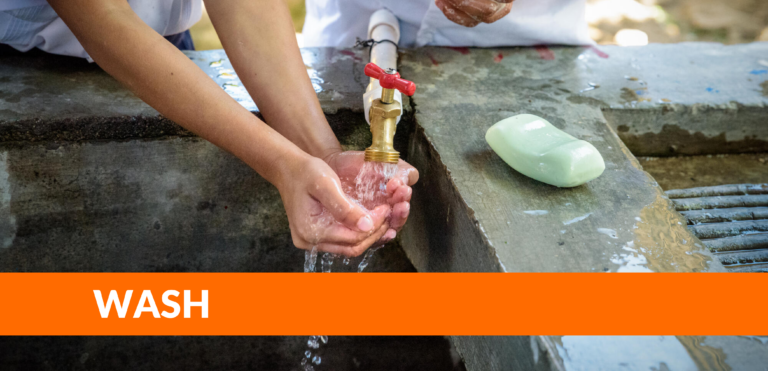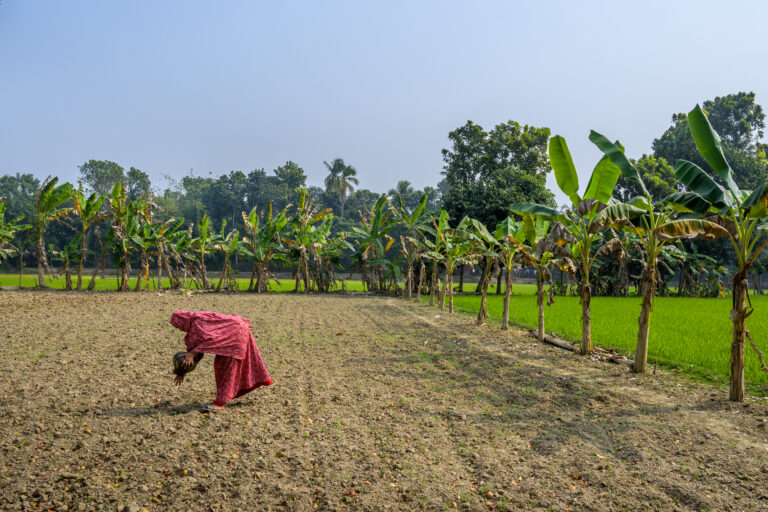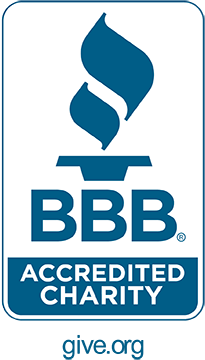Research & Publications
252 resources found

Behaviour Change: Evidence Summary for Latrine Construction and Use
The safe construction and proper hygienic use of sanitation facilities for the safe disposal of human waste can prevent human contact with feces and consequently the spread of disease. This practice is

Behaviour Change: Evidence Summary for Handwashing
Handwashing with soap is critical to achieving Sustainable Development Goal (SDG) 6.2. It is a key public health practice that can help prevent the spread of diarrheal and respiratory diseases. Diarrhea is

Sanitation-Related Quality of Life Establishes Substantial Benefits of Sanitation Beyond Traditional Health Focus
Many programs only evaluate the benefits of water, sanitation, and hygiene (WASH) across indicators like reductions in diarrhea, stunting, and wasting. However, extensive literature shows there are broad benefits of WASH including

Zimbabwe WASH Capacity Statement
World Vision’s work in Zimbabwe started in 1973, facilitating development and humanitarian programs and assistance to children and communities. Since then, World Vision has engaged in WASH activities in a variety of

WASH Behavior Change Capacity Statement
During the last seven years (2016 to 2022), World Vision reached nearly 25.5 million people with clean water, 18.4 million with improved sanitation, and 31.7 million with hygiene promotion. As part of

Sustaining escapes out of ultra-poverty: Layered interventions in coastal Bangladesh
Does participation in the Ultra-Poor Graduation (UPG) program with inclusive Market Systems Development (iMSD), climate-related Disaster Risk Reduction (DRR), and water, sanitation, and hygiene (WASH) interventions enable household resilience and sustained escapes

WASH and GESI Capacity Statement
World Vision is accelerating access to equitable WASH services for all by deepening our focus on the most vulnerable, especially in fragile contexts. We have long been committed to GESI within the

Niger WASH Capacity Statement
After taking part in emergency response efforts during severe droughts and famine in the 1970s and 1980s, World Vision established a permanent office in Niger in 1995. Twenty-eight years later, World Vision

Global WASH Capacity Statement
Over the past 37 years, World Vision’s work in the WASH sector has grown exponentially. Most recently, between 2011 and 2021 our WASH programming grew by over 500%, enabling us now to




